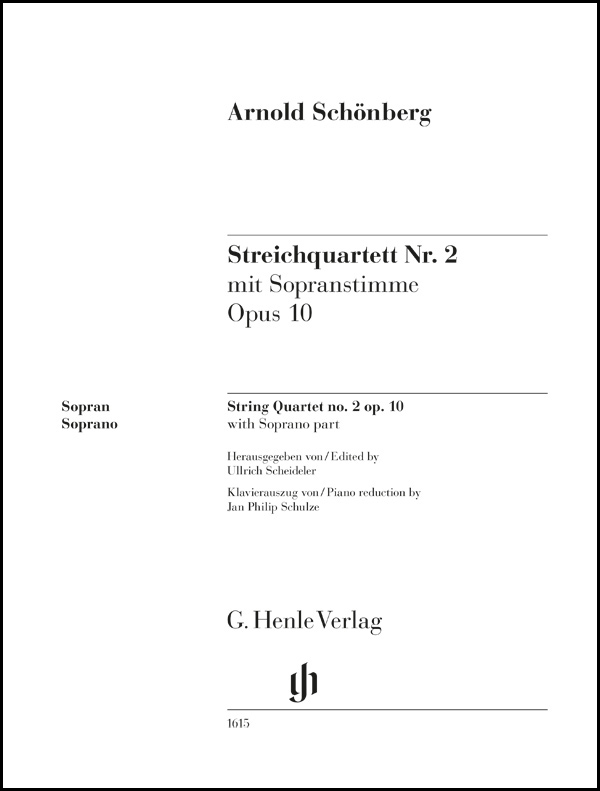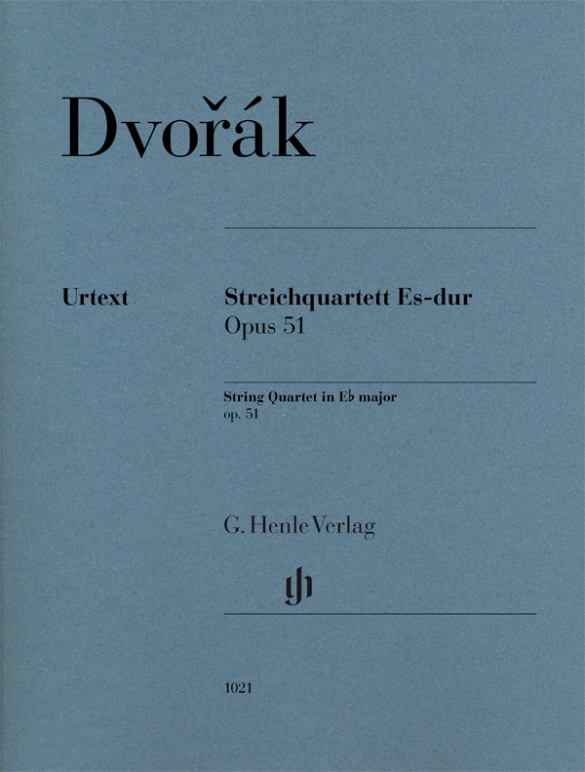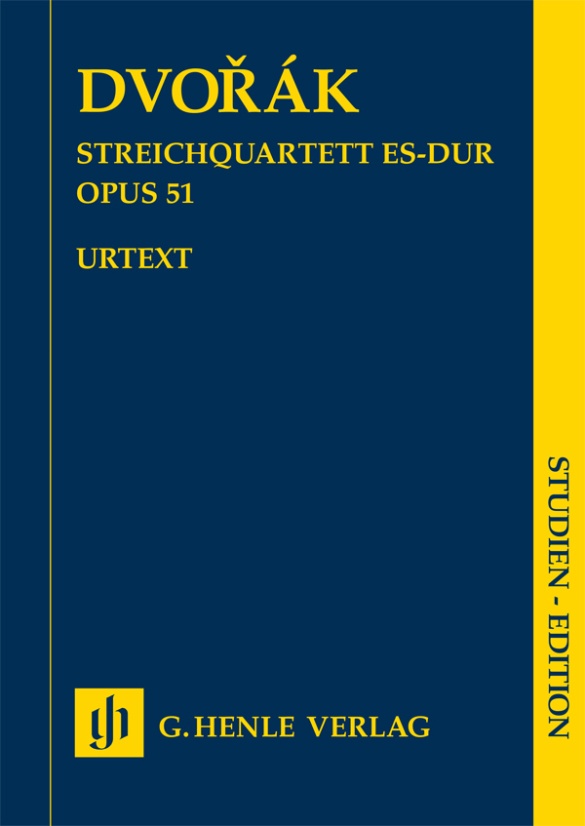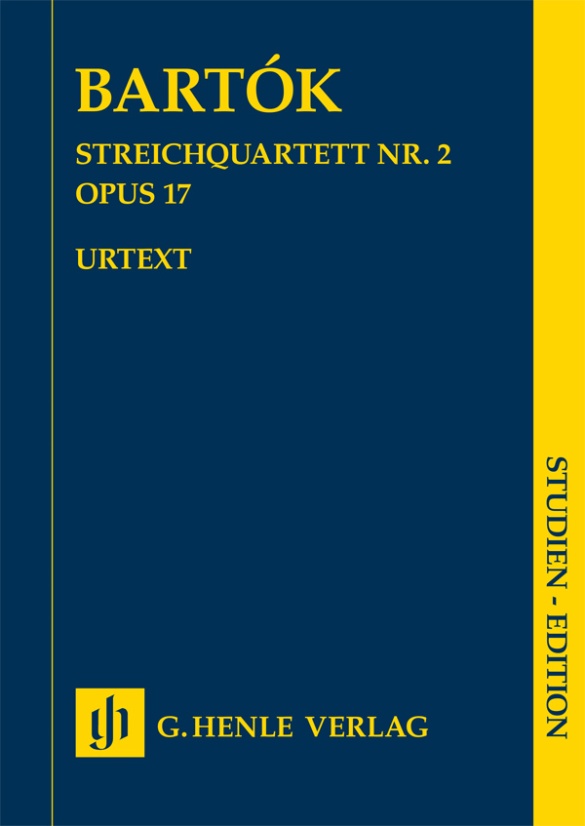Arnold Schönberg
String Quartet no. 2 op. 10 with Soprano part
This chamber music work, composed in 1907/08, marks a turning point not only in Schönberg’s output, but also for the history of modern music in general. Major-minor tonality, obligatory for centuries, is increasingly abandoned over the four movements in favour of a free atonality. This break with music-historical tradition goes hand-in-hand with a further breach of convention; in the last two movements, Schönberg includes a solo soprano singing settings of two poems by Stefan George. With the transition to atonality, Schönberg opens the way to a new musical language which was to lead to twelve-tone music a little later. Without question, his second String Quartet represents a landmark in the history of music. The new Henle edition is edited by Schönberg specialist Ullrich Scheideler reflecting the latest state of research. The Henle Urtext edition publishes this modern classic in a new, generously laid out music setting.
内容/詳細
作曲家について
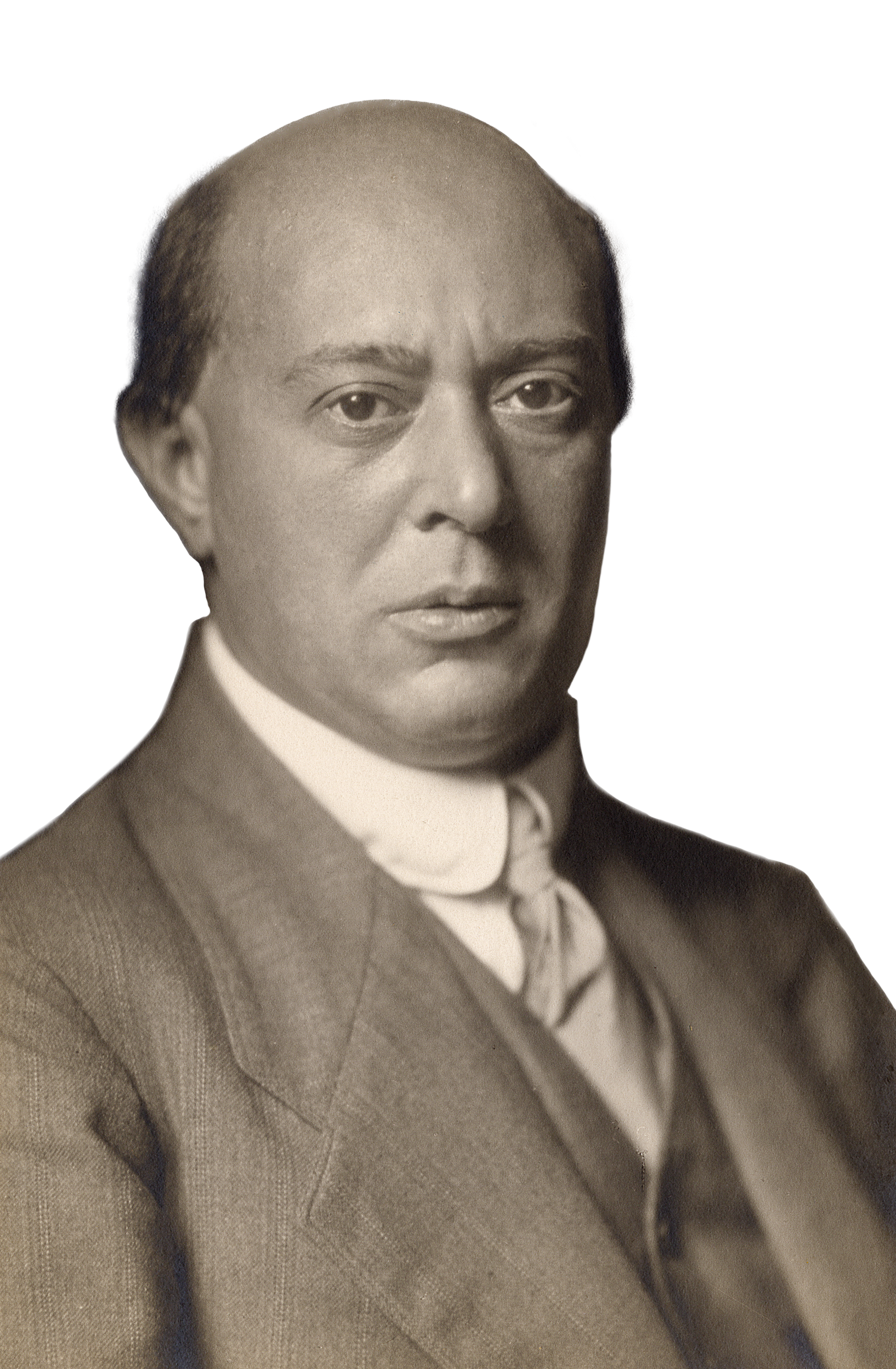
Arnold Schönberg
The most important composer of the first half of the twentieth century, who with the transition to atonality and twelve-tone technique influenced musical history like no other. 1874 Born on 13 September in Vienna. Largely self-taught except for lessons with Alexander Zemlinsky. 1890–94 Worked as a bank clerk. 1899 String Sextet “Transfigured Night” op. 4 as first mature original piece. 1900–11 “Gurrelieder”. 1901–03 Conductor in Berlin at Ernst von Wolzogen’s “Überbrettl”. 1903 Symphonic poem “Pelleas and Melisande” op. 6. After returning to Vienna, he taught (pupils included Anton Webern and Alban Berg, with whom he formed the Vienna School). 1906 Chamber Symphony op. 9 with quartal harmony. 1908/09 Shift away from tonality: String Quartet op. 10, Three Piano Pieces op. 11, Five Orchestra Pieces op. 16, monodrama “Erwartung” (Expectations) op. 17 (composed 1909, performed 1924), “Die glückliche Hand” (The Hand of Fate) op. 18. From 1911 Second sojourn in Berlin. “Theory of Harmony”. 1912 Melodrama cycle “Pierrot lunaire” op. 21 was a great international success. 1918 Founding of the Society for Private Musical Performances in Vienna. Ca. 1920 After a creative crisis, he found his way to twelve-tone technique (Suite for Piano op. 25, 1921–23). 1925 Appointed to a professorship at the Prussian Academy of Arts Berlin. 1930 Period-piece opera “Von heute auf morgen” (From Today to Tomorrow) op. 32. 1930–32 Started work on the opera “Moses and Aaron”. 1933/36 Emigrated to the USA, professorship in Los Angeles. 1942 “Ode to Napoleon” op. 41, Piano Concerto op. 42. 1947 “A Survivor from Warsaw” op. 46. 1951 Died on 13 July in Los Angeles.
校訂者や運指担当者について
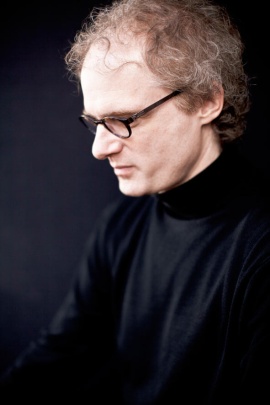
Jan Philip Schulze (ピアノ・スコア)
Prof. Jan Philip Schulze received his piano education at the Musikhochschule in Munich and at the Tschaikovsky Conservatory in Moscow. He began his varied international career by winning awards at competitions in Italy, Spain and South Africa.
As a lied accompanist he has regularly given concerts with Juliane Banse, Annette Dasch, Rachel Harnisch, Dietrich Henschel, Jonas Kaufmann and Violeta Urmana; performing in the Berlin Philharmonic Hall, the London Wigmore Hall, the Salle Pleyel in Paris, the Auditorio Nacional in Madrid, in Tokyo, at La Scala in Milan, as well as at the festivals in Lucerne, Salzburg, Edinburgh, Munich and Schwarzenberg. Schulze is also interested in contemporary music, and has, for example recorded all of Hans Werner Henze’s Works for Piano, as well as given premières of concertos by Christoph Staude (with the Munich Philharmonic), Dror Feiler (with the Bavarian Radio Symphony Orchestra) and Johannes Schöllhorn (with the WDR Symphony Orchestra). Since 2004, Jan Philip Schulze has been Professor for “Liedgestaltung” at the Music Conservatory in Hannover.
製品安全に関する情報

G. Henle Verlag
製品の製造元に関する情報はこちらでご覧いただけます。G. Henle Verlag
Forstenrieder Allee 122
81476 München
info@henle.de
www.henle.com
おすすめ
autogenerated_cross_selling
このタイトルを含む他の版


